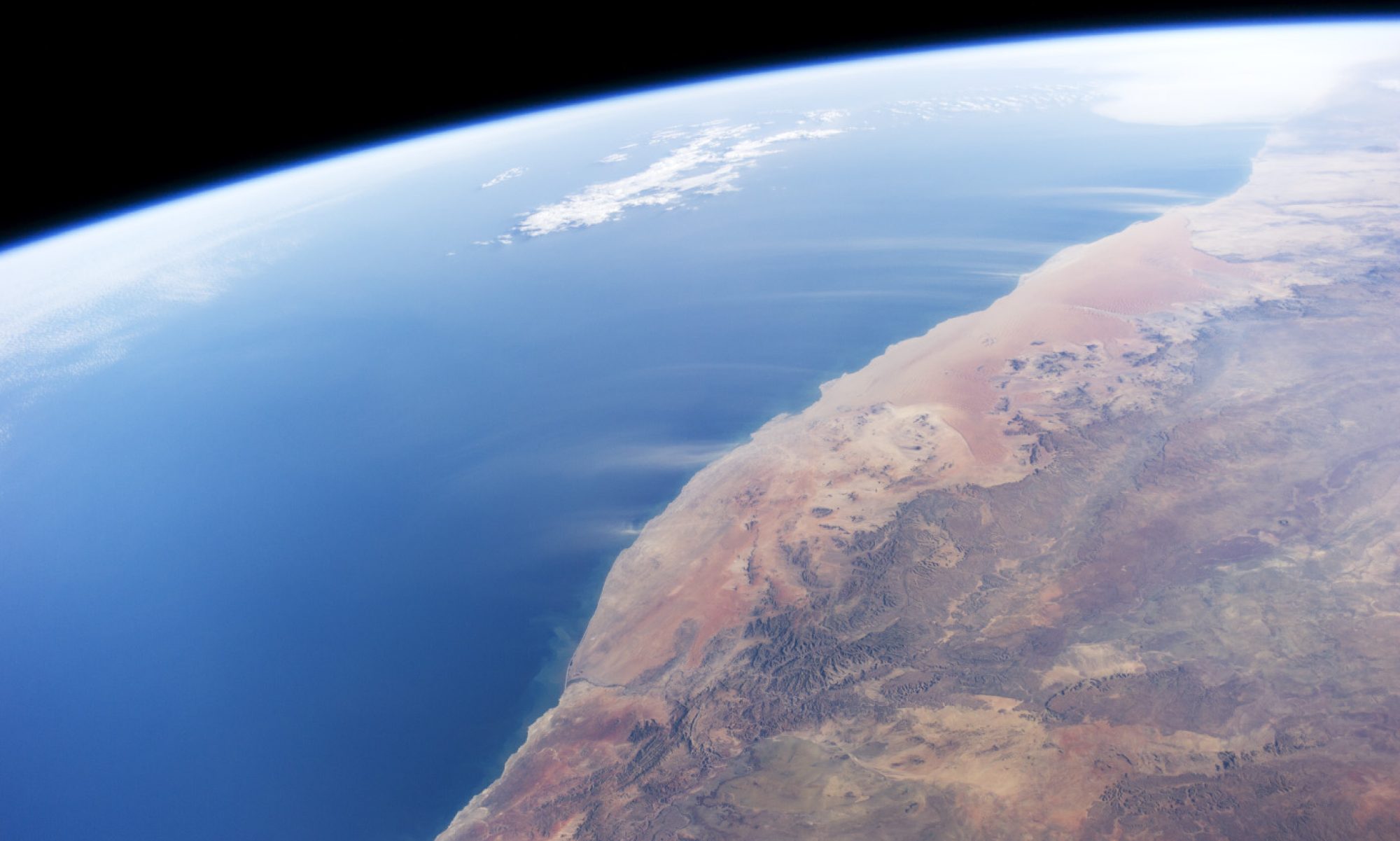GEO 106 Global Climate Change
Examines climate changes of the past, present and future. Considers the various causes of past and present climate change and how to predict future changes. Describes predicted environmental and social impacts of, and possible solutions to, future climate change.
GEO 105 Earth, Environment, and Climate Laboratory
Weekly labs will cover interdisciplinary environmental topics such as: agriculture, water resources, hurricanes, and climate policy. Students will use the scientific method to critically evaluate environmental controversies, explore the role of ethics in science, and learn to distinguish science from pseudo-science.
GEO 344 Weather and Climate
Examines the physical relationships between pressure, temperature, humidity, and wind that give rise to the weather and climate we experience, including thunderstorms, lake effect snow, and hurricanes. Investigates factors controlling climate change and discusses the relationship between climate, weather, and extreme events.
GEO 542 Fundamentals of Climate Science
Fundamental physical processes give rise to the observed distributions of temperature, precipitation, wind, ice, vegetation, and ocean currents in Earth’s climate system. We examine these processes and their effects on climate, as well as climate sensitivity, natural climate variability on interannual to decadal time scales, and an introduction to the use of global climate models.
GEO 543 Atmospheric Science
A quantitative look at the basic processes that govern out atmosphere, with the goal of providing a broad background in the atmosphere works, some of the standard analytic techniques used by atmospheric scientists, and an ability to read and understand the scientific literature on the subject. Topics include atmospheric circulation, weather systems, energy transfer, cloud microphysics, atmospheric chemistry, and climate variability.
